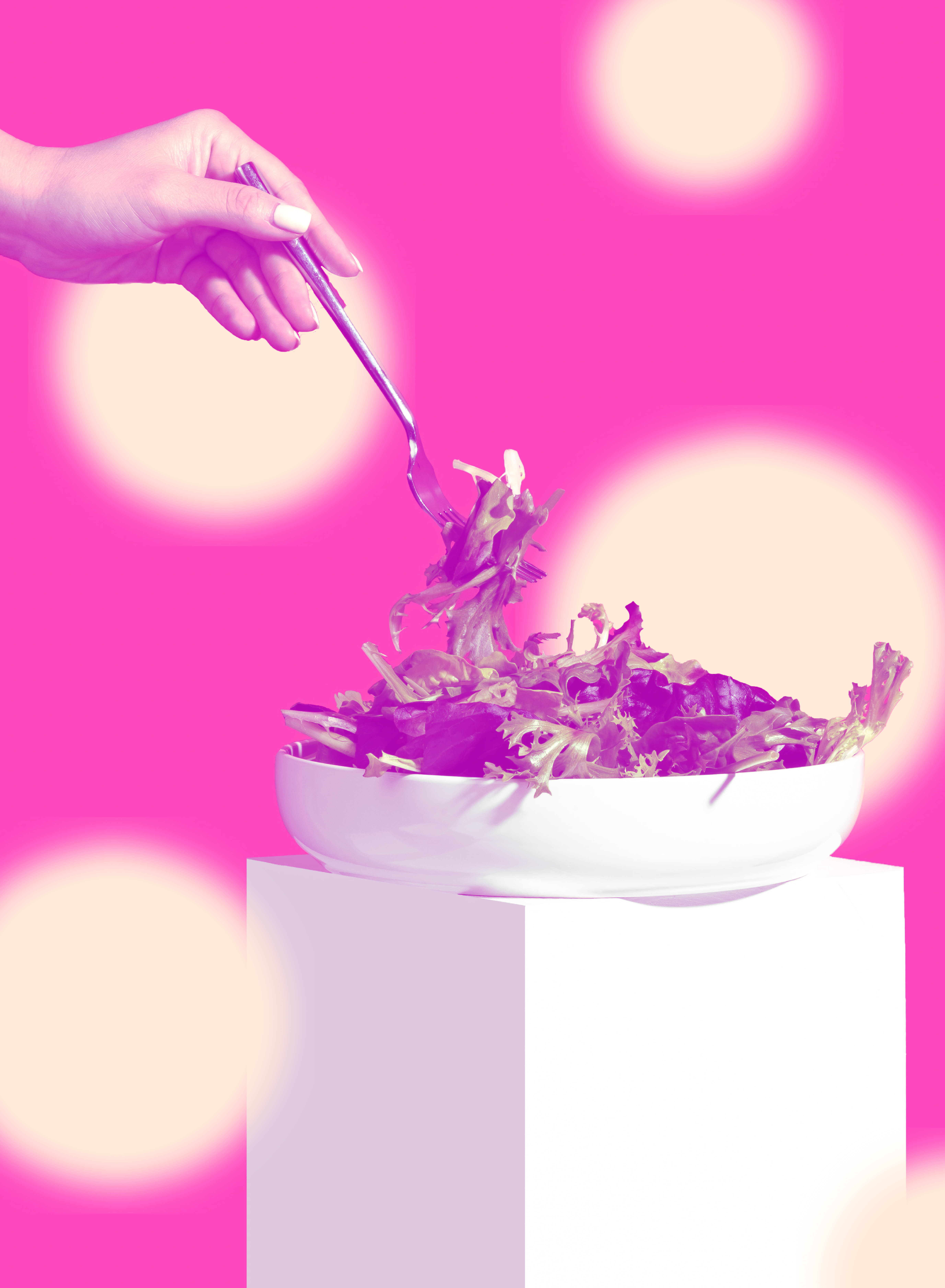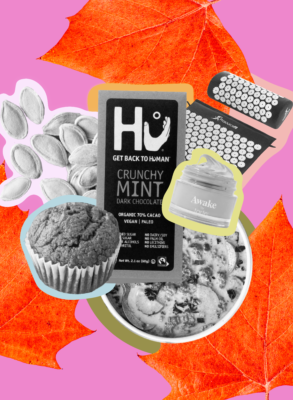Eat after 10am but don’t eat after 6pm!
Eat fat-free but don’t cut out all fats!
Do a juice cleanse, but don’t skip a meal!
Eat protein, but not animal protein!
An influx of food information and eating trends have made it nearly impossible to keep up with all the “rules” of nutrition. And Betties, that’s created a problem. While mindful eating is necessary for your overall health, some “healthy habits” can become obsessions that veer into disordered eating.
Do you mean eating disorders?
Not quite, Betties.
While eating disorders, such as anorexia and bulimia, are clinically diagnosed conditions, disordered eating is a bit more slippery to define. Disordered eating is characterized by habits that, on the surface, might seem healthy or may even be commonly practiced, but, in reality, are quite harmful to your physical and mental health.
Here’s what that can look like:
• Labeling food as “good” or “bad”
• Eating during set times only
• Refusing to eat certain foods
• Fear around food associated with anxiety
• Avoiding social interactions if food is present
• Maintaining strict routines for food and exercise
• Feeling guilt, shame, and/or disappointment with eating
Like fad diets, these practices are unsustainable – dictating what you eat, how you eat, when you eat, where you eat. While disordered eating can take many forms and stem from body image to anxiety, each share a hyper fixation on food that interferes with a Betty living a full life.
THE BIGGER PROBLEM
Because we most likely associate disordered eating with anorexia or bulimia, many Betties minimize these behaviors, and in turn, do not seek help. The truth is, if food is in control, disordered eating is present.
“Restrictive eating in any form can be harmful either mentally, physically, or emotionally,” said April Keeland, RN, BSN. As Betty’s Wellness expert, April works with Betties to identify + implement lifestyle changes to combat restrictive habits. “There are ways to create a positive relationship with food, decreasing excessive thoughts and bringing more satisfaction into your life.”
GETTING HELP
Betties, we can’t treat disordered eating without addressing mental health. This is why working with an expert – such as a counselor or nutritionist – is key to preventing disordered eating from progressing. Their support can help you create a healthier relationship with food + habits that support your physical + mental + emotional well-being.
resources:
needa feeding hope
ONLINE CHAT
https://www.nationaleatingdisorders.org/help-support/contact-helpline
CALL
1.800.931.2237
Translation services are available
TEXT
1.800.931.2237
CRISIS TEXT LINE
If you are in a crisis and need help immediately, text “NEDA” to 741741
@bettys_co








Join the conversation